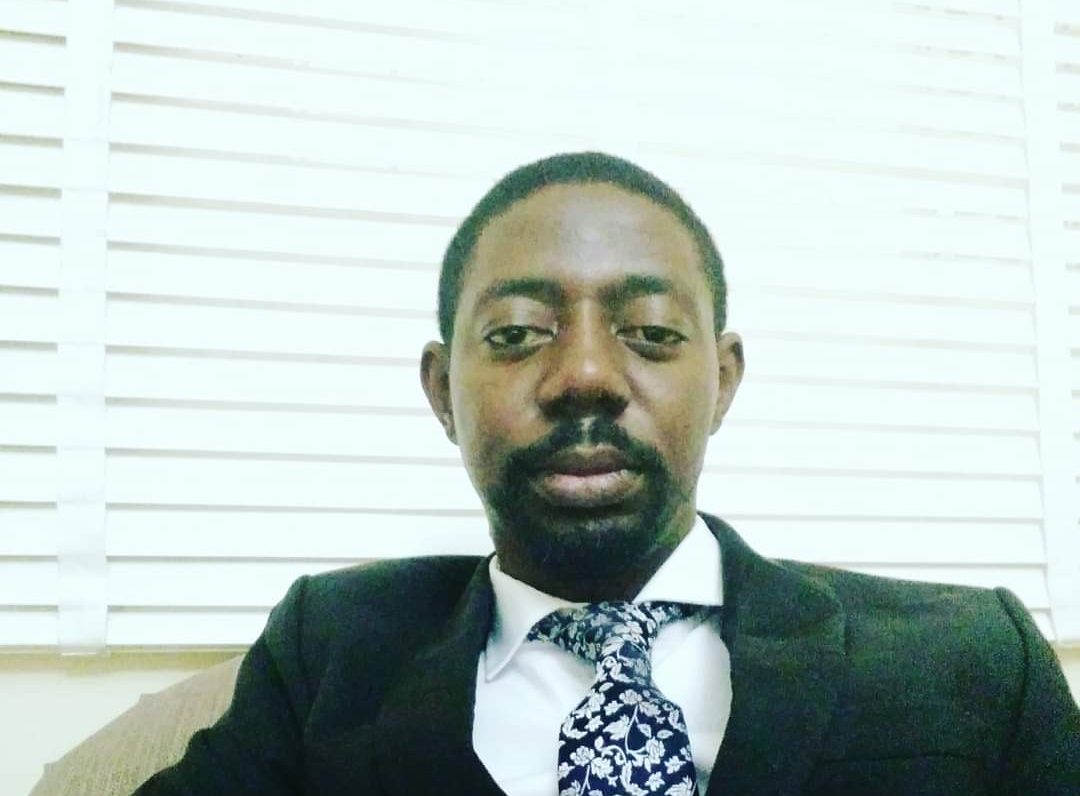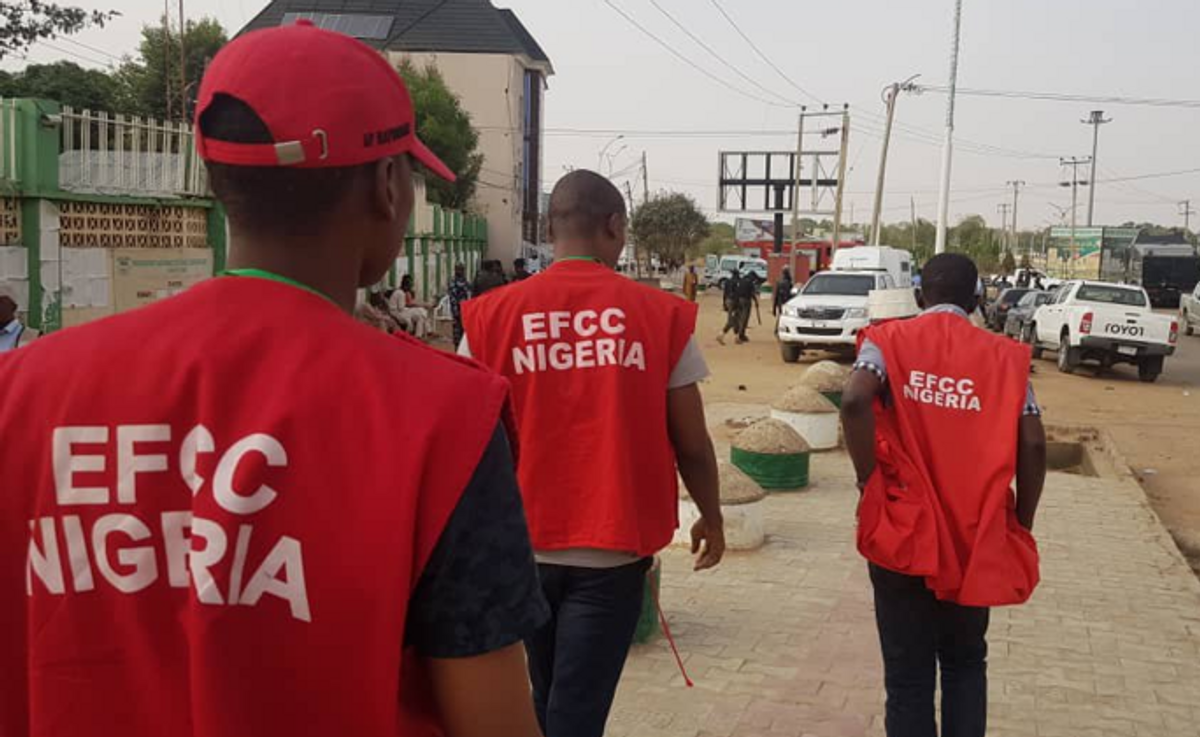The Electoral College, Nigeria unlike its American counterpart is a non-governmental organization with clear targets on “Politeracy”, a term coined by the college connoting “Political literacy”, a concept that is grossly below parity in a country that is known to be the most populous black nation in the world.
Has Nigeria been haunted by its poor political decisions? Absolutely. The most glaring culprit being that many citizens perceive political events as confusing and difficult to understand. They struggle to organize and comprehend the complex and complicated political world surrounding them. At the same time, citizens find themselves in a powerful position in a democracy. In reality, there is lack of political awareness and a mystical perspective attached to governance and electoral processes.
A politically literate citizen not only comprehends the current state of governance, but also participates in an active and effective way and directs it. An individual with politeracy has the skills of understanding people’s viewpoints, realizing their effect upon her/him and responding to them in an ethical way.
The Electoral college has labored since its inception to bring to the awareness of citizens that they have a significant influence on the political decisions that they themselves submit to.
With a very simplified approach and a foremost goal to educate the citizen on politics and governance, these are a summary round up of the activities that have taken place within the college in the past year.
The Electoral College In focus in 2020
In March, the college’s advocacy for the need for politeracy caught the media’s attention and was featured on Sahara Reporters.
In April, the college launched it’s first virtual bouquet of classes for the course ‘Politeracy and Governance 101’.
In May – In Conjunction with PGI, the college launched a forum for black people In Governance across the world which was held virtually and themed ‘Connecting the Dots’.
On the wake of some actions on social media, true to the college’s mandate to provide deliverables to citizens, the college developed the social media guidelines for communication – for people in Governance, to help provide a cordial relationship between the government and people of Nigeria.
In June, the college was featured on Independent Newspaper on making a difference.
In July, we commenced registration and intake of the Second batch of Associates for training.
In August 120 students graduated from the college.
Also, the College in collaboration with We FM 106.3 Abuja rolled out the Politeracy and Governance bouquet on radio which airs every Tuesday at 8.05am
In September – the College in partnership with the Embassy of Sweden commemorated the international day of Democracy.
In October – intake and commencement of third batch of its Politeracy and Governance class with a record over 29,000 registrations and full participation of 1,710 students.
In November – The Electoral College Nigeria in conjunction with One Voice Hosted the Lagos East Senatorial debate which was well attended by candidates and the electorate.
In December, the Electoral College graduated 235 associates from its class.
With droplets of resources from friends of the college and the board, the college in 2020 and 2021 have trained over 7,000 people virtually and physically and would be working towards training over 500,000 by 2023.
This was our year in 2020, we are grateful for the support of the Board, The Regional coordinators, friends of the College and our most esteemed Associates for making this year a big step in Civic Education and rreorienting the democratic space in Nigeria.
The College has performed remarkably since its inception in 2019 despite its limited resources. The journey to Political literacy and massive political participation is far from over and there is need to capitalize on the college’s operations through extended partnerships to achieve a wider and more impactful reach.
Small steps for the Electoral College Nigeria and A big leap for Politeracy
Thank you
For God and Country

 News6 years ago
News6 years ago
 Featured6 years ago
Featured6 years ago
 Boss Picks6 years ago
Boss Picks6 years ago
 Headline6 years ago
Headline6 years ago
 Headline6 years ago
Headline6 years ago
 Headline5 years ago
Headline5 years ago
 Headline6 years ago
Headline6 years ago
 Headline6 years ago
Headline6 years ago













